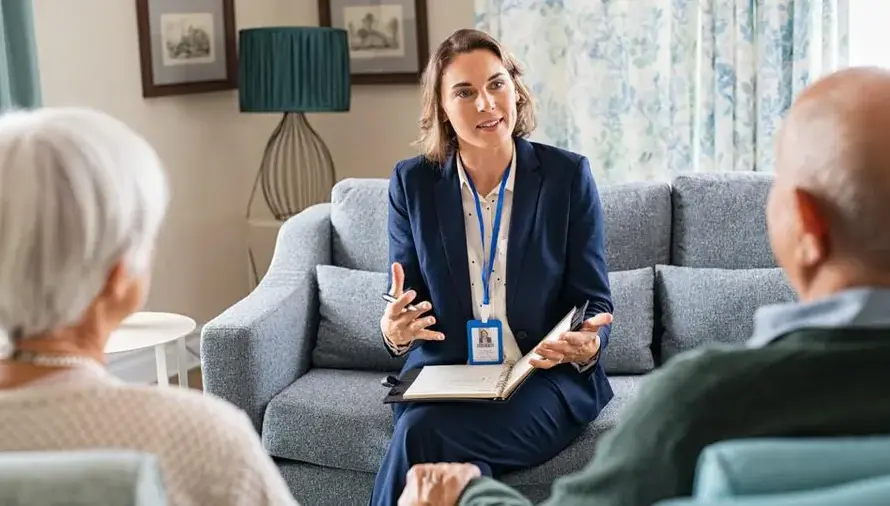A lack of joined up working with children’s social care and education settings is contributing to inconsistencies in addressing the needs of babies, children and young people in local health plans, according to research.
Research by the Children and Young People’s Health Policy Influencing Group (HPIG) into strategies and plans produced by integrated care systems (ICSs) during the first year of their existence looks at how well they reflect different aspects of children’s health.
It reveals that “inconsistency in addressing the needs of babies, children and young people in local health plans highlights the need for stronger guidance from national government”.
- New era for children’s health
- If integration is the aim, then every minister needs to be a minister for children
This guidance should include supporting integration across ICSs, children’s social care and education by adding a focus on integration for children to the Better Care Fund and sharing examples of good practice across systems, researchers say.
They highlight that just 42 per cent of ICSs included in the research involve children’s social care in their plans while just 32 per cent include education settings despite these being “a critical component to improving children’s health outcomes”.
The report also raises concerns over an omission of children with major and long-term conditions in almost seven out of 10 plans.
Other key areas of concern include a failure by more than three-fifths of ICSs to tackle issues around capacity in the children’s workforce in plans and the failure of more than half of ICSs to address challenges around data and information sharing about babies, children and young people.
Meanwhile, just six per cent of ICS strategies include information on how babies, children and young people had influenced their work.
ICSs were introduced in July 2022 and are formed by NHS organisations and upper-tier local councils in a local area. They also include the voluntary sector, social care providers and other partners with a role in improving local health and wellbeing.
There are 42 ICSs across England, each with an integrated care board – NHS organisations responsible for planning health services for their local population. Upper-tier local authorities are responsible for social care and public health services in their ICS area.
The Health and Care Act 2022 requires ICBs to set out the steps they will take to address the needs of children and young people under the age of 25 in their five-year joint forward plans.
The report makes several recommendations for national government and ICSs to improve strategic planning, including adopting an inclusive approach to involving children and young people in ICS strategic planning, and clearly setting out how their feedback has been actioned.
It also recommends that government provides clear guidance to ICSs on addressing the needs of children with major and long-term conditions, as well as other minority and vulnerable groups.
Matthew Dodd and Amanda Allard, co-chairs of the Children and Young People’s Health Policy Influencing Group, said: “Babies, children and young people are too often an afterthought in conversations about addressing inequalities and improving overall life expectancy and wellbeing.
“The Health and Care Act 2022 was a step in the right direction, helping focus the attention of ICSs on babies, children and young people. But legislation is only part of the puzzle, and we must not become complacent about ensuring children’s needs are met in practice.”
The HPIG is co-chaired by the National Children’s Bureau (NCB) and the Council for Disabled Children (CDC) and has a membership of more than 70 charities.

